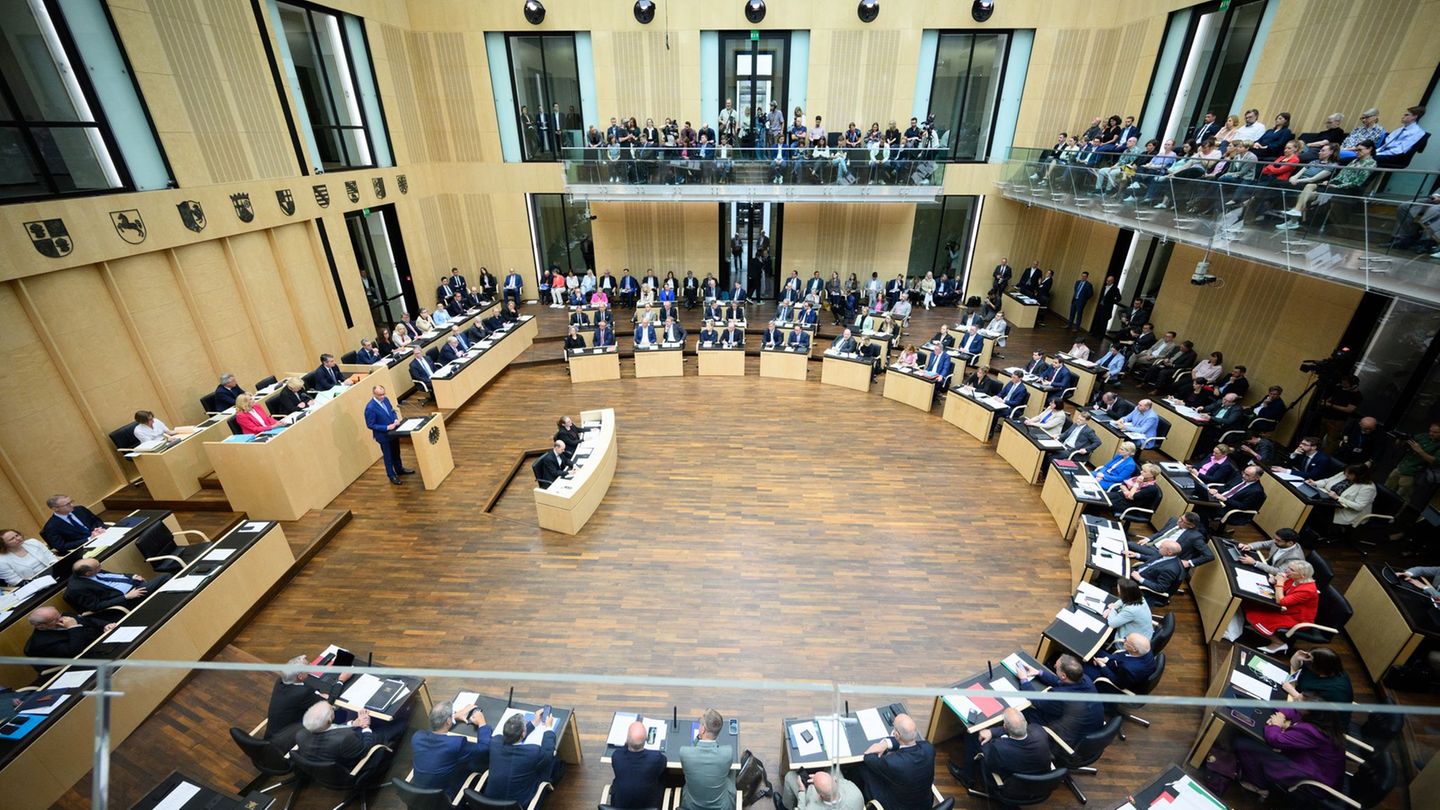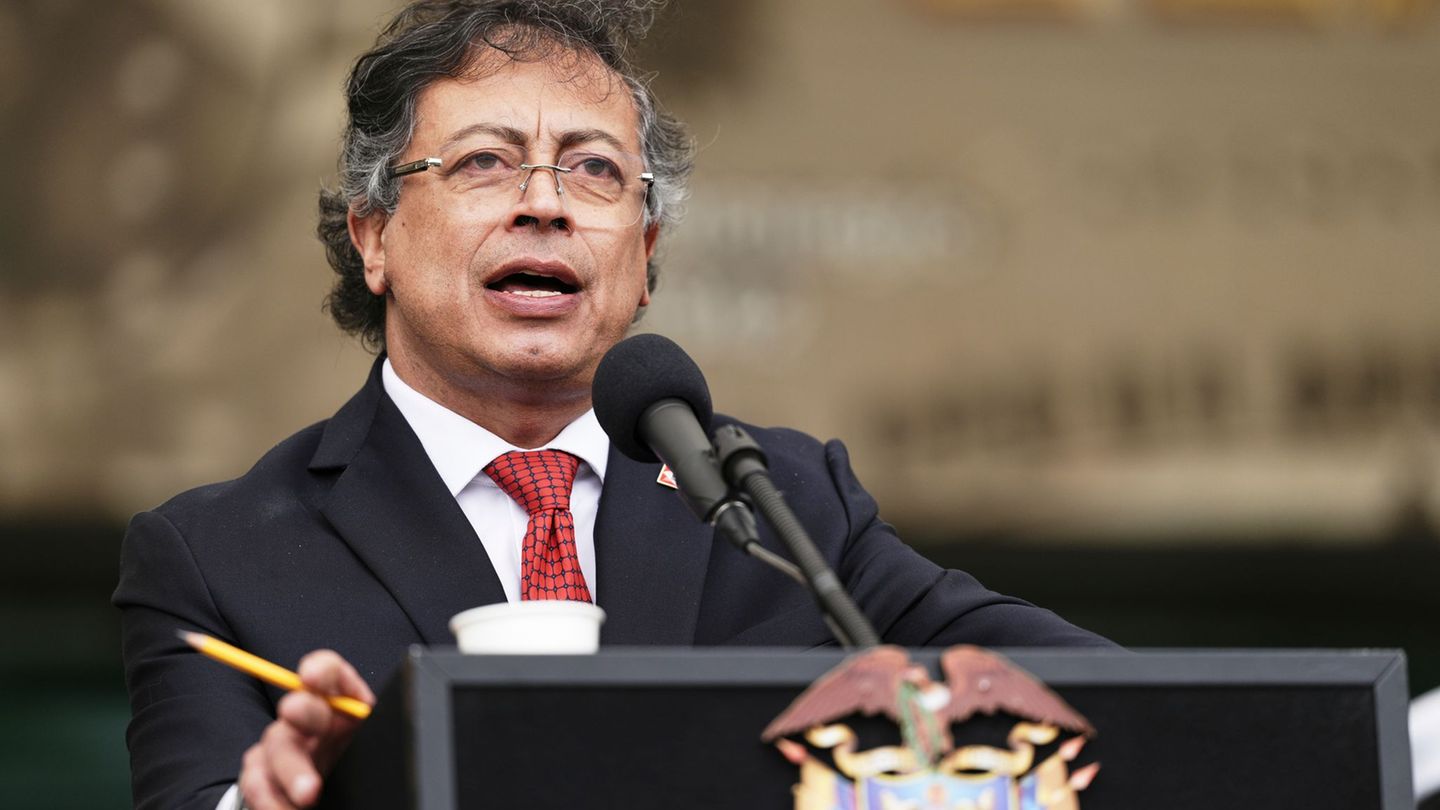Economic policy
Federal Council agrees to growth package
Copy the current link
Add to the memorial list
The Federal Council gives the green light for relief so that companies invest more. The federal government agrees to the countryside and municipalities.
The Federal Council has approved tax relief for companies. The Bundestag had previously given the green light. In view of the years of weakness in growth, the economy is to be boosted. Germany threatens the third year in a row without economic growth.
Specifically, companies should be able to copy their expenses for machines and devices from the tax in the current and in the next two years – with up to 30 percent. As a result, the tax burden drops and companies have more money available quickly after a purchase.
The degressive depreciation is to relieve especially in the immediate phase after an investment. Companies should have money again faster to invest again. However, the instrument only applies to companies that have sufficient money for buying machines and devices.
When the so -called booster has expired, corporation tax should gradually decrease from 2028 – from the current 15 percent to 10 percent in 2032. This should increase liquidity in companies and international competitiveness. In addition, buying a pure electric car for companies becomes more attractive for tax purposes.
Chancellor Friedrich Merz (CDU) said in the Federal Council that it was urgently to grow again. All state levels benefited financially. “We have to make Germany more attractive for private investments as possible.” Federal Finance Minister Lars Klingbeil (SPD) said that strong investment incentives were created and jobs secured. The location of Germany is becoming more competitive internationally. “If we ensure new growth, the state’s income will also increase again.”
Bavaria’s Prime Minister Markus Söder (CSU) spoke of the start of a catch -up. The Prime Minister of Baden-Württemberg, Winfried Kretschmann (Greens), said the investment program was coming at the right time to relieve companies. “Germany needs growth again, and that as soon as possible,” said NRW Prime Minister Hendrik Wüst (CDU).
The federal government, the federal states and municipalities avoid tax revenues of around 48 billion euros. The federal states therefore demanded financial compensation, especially for the sometimes highly indebted municipalities. The federal government takes over the tax losses of the municipalities completely – for a limited time until 2029. Because the federal government is not allowed to simply transfer money to the federal states, this happens on the distribution of VAT income.
In a protocol declaration available to the German press agency, the federal government also assigns more funds for daycare centers and a hospital fund. In addition, the donor countries are to be relieved of 400 million euros per year in financial equalization. The federal government also promises to support the East German countries more in the financing of earlier additional and special pensions of the GDR. The federal government also confirms support for financial aid for municipal old debts.
A federal-state working group should submit suggestions for a permanent compensation mechanism-according to the motto: “Whoever ordered, pays”. In the coalition agreement, the CDU, CSU and SPD agreed to orientate themselves on this principle. Wüst said that a permanent regulation was necessary to end the “eternal chess”.
The coalition in the federal government is planning further relief that would also lead to tax failures in the federal states. Kretschmann said that the countries had to be relieved of the gastro tax. According to the coalition agreement, sales tax for dishes should be permanently reduced to seven percent on January 1st
dpa
Source: Stern
I have been working in the news industry for over 6 years, first as a reporter and now as an editor. I have covered politics extensively, and my work has appeared in major newspapers and online news outlets around the world. In addition to my writing, I also contribute regularly to 24 Hours World.




